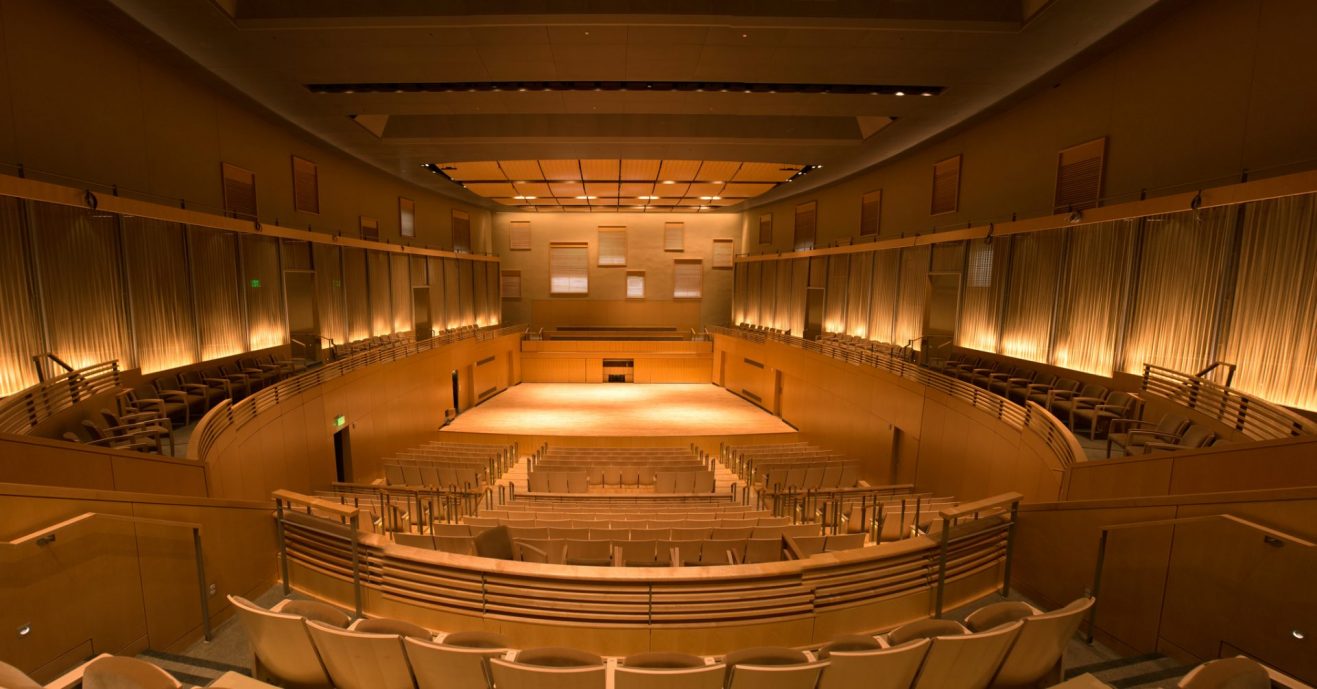Just as one can normally recognize a question from the tone of a person’s voice, so too can a question be recognized in a musical by the tone of the music. Music and humans have this in common; they are both quite audible. The ability to read the emotions of a musical can be quite thrilling, leading to a very suggestive play.
Right from the start, as soon as the performers walked towards the stage, the notes on the piano hit. The two performers, Elizabeth Sarian and Nathan Cicero, provided immediate entertainment before even speaking into the microphone. What made this performance special was the ability to connect music to human beings to a very significant degree.
Among the plethora of wonderful musical performances that were demonstrated, a few very specific pieces caught me by surprise and had me think to myself a couple of times. The first piece that caught my attention, called “How can I keep from singing?” and arranged by Nathan Cicero, expressed a state of enjoyment to me. Each question asked in the song was accompanied by a subtle shift to a higher pitch in music.
In between performances, a quote was presented. One of my personal favorite quotes was by Gustav Mahler stating, “It is a funny thing, but when I am making music, all the answers I seek for in life seem to be there, in the music. Or rather, I should say, when I am making music, there are no questions and no need for answers.” This quote is significant not only because of the inspiration factor of it, but because of the message that lies underneath it.
The aforementioned quote by Gustav Mahler seems to allude to the idea that the process of making music is very conforming. There are no arguments and no troubles experienced when making music. Everything seems to go your own way with no direct form of resistance. This depiction of the quote allowed me to see the performances from a whole new perspective.
The two performances that were executed last, “I’ll Build a Stairway to Paradise” and “I Got Rhythm” by George Gershwin, were both “welcoming.” I use this word flexibly because it can be perceived in a number of ways. I say “welcoming” because the audience was allowed to join and sing a couple of lines displayed on the projector.
The performance welcomed us to finalize the piece of music, even allowing us to select the pitch of some of the lines in the music. Not many performances can say that they can utilize the vocals of the audience and bring in that form of vibrancy into a work of art.

